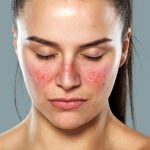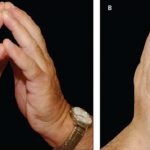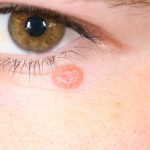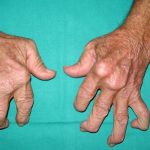Vaginal Dryness
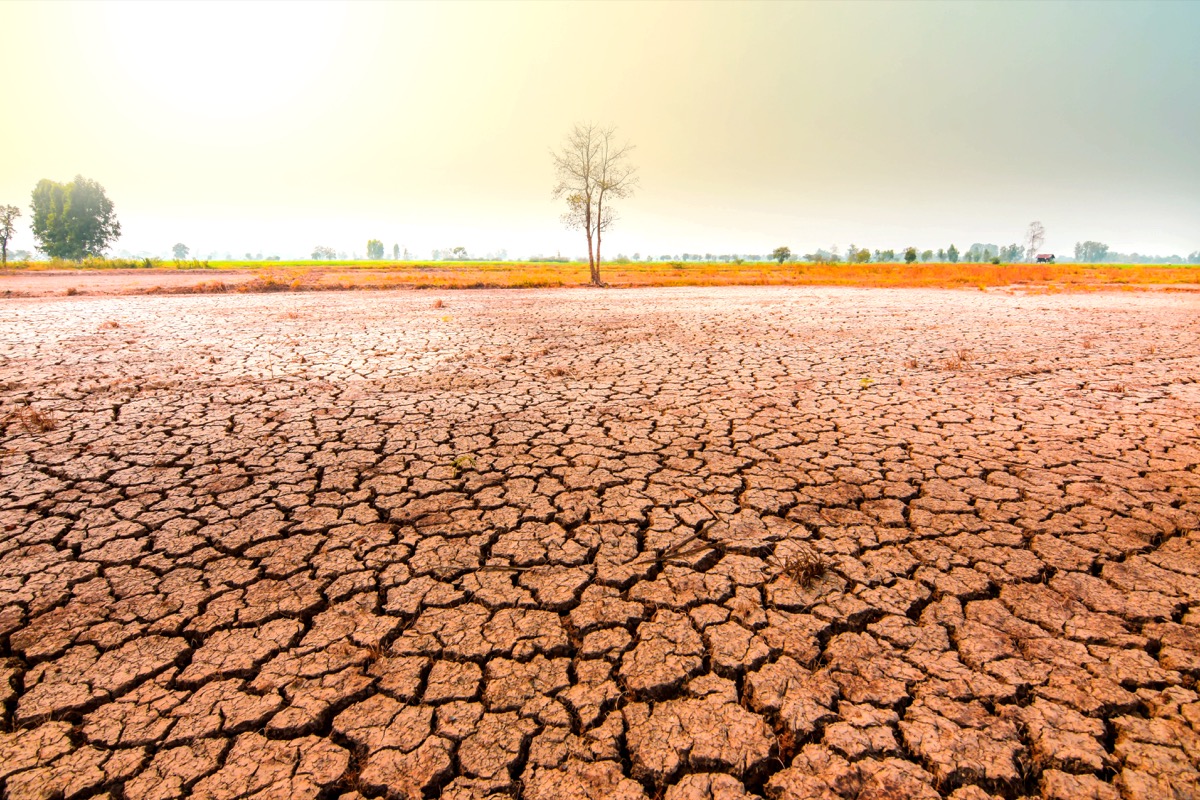
As the level of estrogen in the body diminishes, vaginal tissues may lose elasticity and lubrication, resulting in painful intercourse. Normally, when women are aroused, the vaginal walls create a natural lubricant that is excreted from glands. During perimenopause, however, this process is disrupted by a lack of hormones and thinning of the tissues. The vaginal walls might sting, itch, or feel irritated.
Two ways to treat feminine dryness include vaginal moisturizers and lubricants that can be obtained over-the-counter or by speaking with your gynecologist. Water-based lubricants are best for intercourse, but if you want to relieve dryness and itchiness throughout the day, an external cream can provide relief. Another way is to treat the hormonal imbalance by using hormone replacement therapy and eating a diet that is rich in phytoestrogens, such as herbal supplements, to regulate lubrication.
Discuss the options with your doctor so you can decide which route is best for your and your lifestyle.
More from Things Health
-
10 Early Signs of Lupus
Lupus is categorized as an autoimmune disease wherein the immune system turns upon itself and attacks various parts of its body, including the joints, the…
-
6 Warning Signs of Pre-diabetes
Diabetes is without a doubt one of the most common diseases in the United States. According to the American Diabetes Association, almost 10 percent of…
-
Signs and Symptoms of Liver Damage
There are a variety of different causes of liver damage. For some, it is caused by genetics, making an individual prone to it, exposure to…
-
Warning Signs and Symptoms of Non-Melanoma Skin Cancer
Non-melanoma skin cancer is a type of cancer that starts in the cells on the skin, the body’s largest organ. There are two type of…
-
Symptoms Of Rheumatoid Arthritis
Rheumatoid arthritis is a chronic autoimmune illness, which accompanies irritation of the joints and apparent deformities. Maybe a virus, causes an attack on the synovium…


